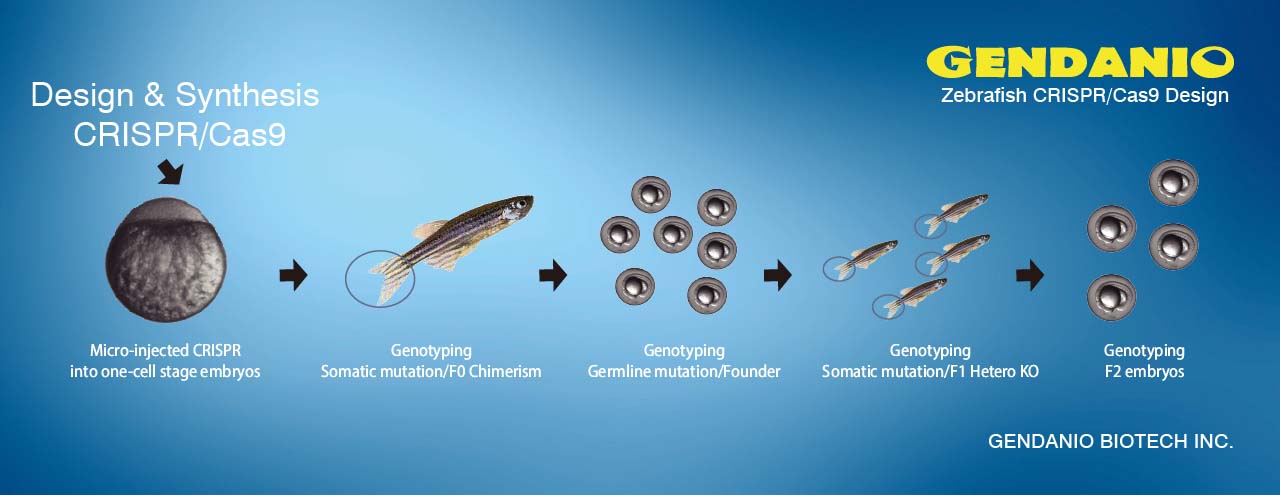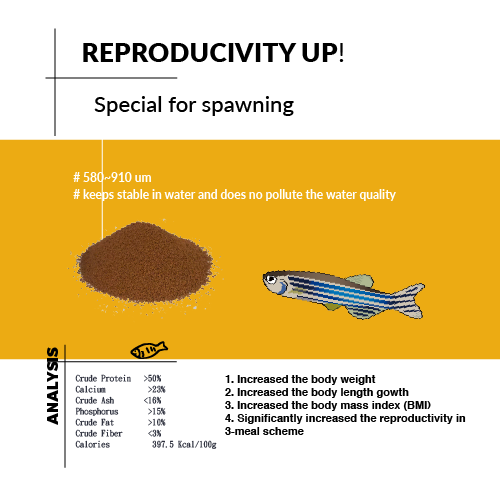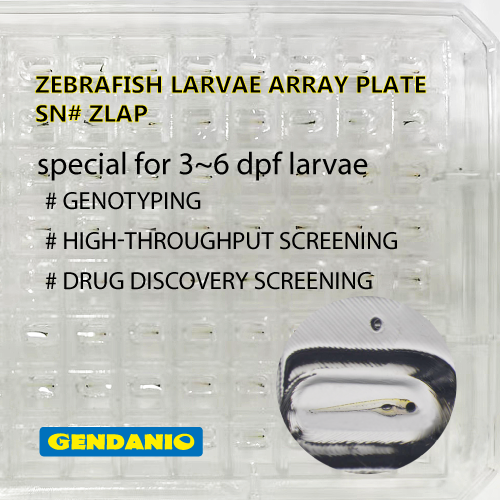ScienceDaily (Nov. 18, 2010) — Disrupting the stress response in zebrafish generates behaviors that resemble depression, according to new research presented at Neuroscience 2010, the annual meeting of the Society for Neuroscience, held in San Diego.
"Our findings offer a molecular basis for the intuition that long-term emotional well-being depends on an individual's ability to cope with stress," said Herwig Baier, PhD, of the University of California, San Francisco, who led the study.
Zebrafish are popular model systems in many areas of biomedical research, but this is the first discovery of a zebrafish mutant with an apparent psychiatric disorder. When faced repeatedly with a stressful situation -- isolation from others -- the mutant fish stop swimming and hide in the corner of the tank for many minutes. This abnormal behavior was reversed by bathing the fish in water containing fluoxetine (Prozac), a selective serotonin reuptake inhibitor (SSRI) commonly prescribed for people with depression.
Baier and his colleagues found that the "depressed" zebrafish had a genetic mutation in the glucocorticoid receptor (GR) gene. One of the functions of GR is to "dial down" the secretion of stress hormones from the brain. Both too much and too little GR activity has been implicated in depression. The zebrafish mutant had little to no GR activity.
"We do not know yet if all this also holds true for people. But if it does, then strategies aimed at finding new antidepressant therapies should try to resurrect, rather than block, GR activity," Baier said.
Research was supported by the National Institutes of Health.
Source: ScienceDaily
























